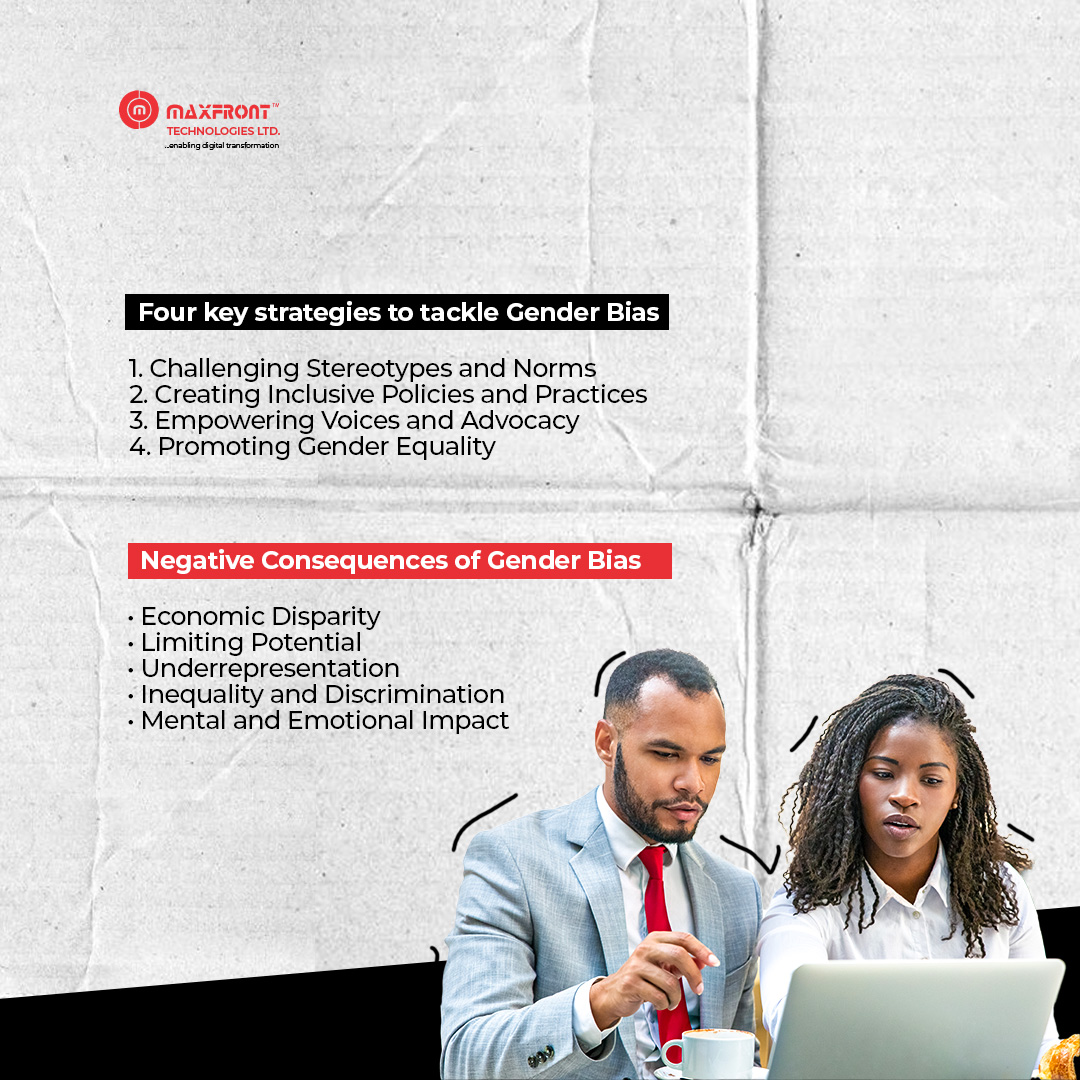
Introduction
Gender bias remains a persistent challenge in today’s society, affecting individuals across various aspects of life. These biases can limit opportunities and hinder progress, from education and employment to social and cultural norms. However, recognizing and addressing gender bias is crucial for fostering a fair and equal society. In this blog post, we will explore the impact of gender bias, its manifestations in different contexts, and effective strategies to tackle it. By promoting awareness and taking proactive steps, we can work towards creating a more inclusive and equitable world for all.
Understanding Gender Bias
Gender bias is a systemic issue involving preconceived notions, stereotypes, and discriminatory practices that lead to unequal treatment and opportunities. It affects both men and women, with women often bearing the brunt of systemic biases. Gender bias can manifest in various ways, such as unequal pay, limited access to education and healthcare, underrepresentation in leadership positions, and societal expectations that reinforce gender stereotypes.
Education and career opportunities are critical areas where gender bias can be observed. Historically, women have faced barriers to accessing quality education and pursuing certain fields of study. Stereotypes and societal expectations often steer women away from STEM (Science, Technology, Engineering, and Mathematics) fields, perpetuating the gender gap in these industries. Workplace discrimination and bias in hiring, promotions, and salary decisions persist, limiting women’s advancement and professional growth. To tackle gender bias effectively, here are four key strategies:

- Challenging Stereotypes and Norms
Challenging and breaking down harmful stereotypes and societal norms is crucial to tackling gender bias effectively. This requires promoting positive and diverse representations of gender in media, literature, and popular culture. Encouraging young girls to explore interests in traditionally male-dominated fields and providing support and mentorship can help dismantle gender biases early on. Similarly, engaging boys and men in conversations about gender equality and encouraging them to challenge stereotypes can contribute to a more inclusive society.
- Creating Inclusive Policies and Practices
Organizations and institutions must address gender bias by implementing inclusive policies and practices. This includes promoting pay equity, providing flexible work arrangements, offering parental leave, and creating supportive environments free from harassment and discrimination. Diversity and inclusion training can raise awareness and help employees recognize and overcome their unconscious biases. Moreover, promoting equal representation in leadership positions and decision-making roles can break down barriers and pave the way for gender equality.
- Empowering Voices and Advocacy
Amplifying the voices of those affected by gender bias is essential for creating meaningful change. This involves creating safe spaces for individuals to share their experiences and concerns, promoting dialogue, and advocating for their rights. Supporting organizations and initiatives that work towards gender equality and partnering with community leaders and influencers can generate a broader impact. Additionally, fostering mentorship programs and networks for women can provide them with the necessary support, guidance, and opportunities to overcome gender bias and succeed in their chosen fields.
- Promoting Gender Equality
Promoting gender equality is a fundamental human right and essential for building a fair and inclusive society. It goes beyond simply addressing gender bias and requires dismantling systemic barriers and ensuring equal opportunities for all individuals, regardless of gender. Legislation and policies drive gender equality by providing a legal framework for equal rights and opportunities. Examples include Equal Pay Laws, Anti-Discrimination Laws, Quota Systems, and Maternity and Paternity Leave Policies.
Negative Consequences of Gender Bias
Gender bias has far-reaching adverse consequences on individuals and society as a whole:
- Economic Disparity: Gender pay gaps and limited career opportunities for women contribute to economic disparities and hinder overall societal progress.
- Limiting Potential: Gender bias restricts individuals’ potential by steering them away from certain fields of study or career paths, limiting their personal and professional growth.
- Underrepresentation: Gender bias results in the underrepresentation of women in positions of power and leadership, leading to a lack of diverse perspectives and decision-making processes.
- Inequality and Discrimination: Gender bias perpetuates a system of inequality and discrimination, creating barriers for individuals to access resources, opportunities, and equal treatment.
- Mental and Emotional Impact: Constant exposure to gender bias can have detrimental effects on individuals’ mental and emotional well-being, leading to low self-esteem, self-doubt, and internalized discrimination.
Addressing and combating gender bias is crucial for creating a fair and equal society that values and respects individuals regardless of their gender. By challenging stereotypes, promoting inclusivity in education and employment, and raising awareness about the consequences of gender bias, we can work towards a more equitable future where everyone has equal opportunities to thrive and contribute to society.
Conclusion
Tackling gender bias requires collective effort and a commitment to creating a more inclusive and equitable society. By challenging stereotypes, promoting inclusive policies and practices, and empowering individuals affected by bias, we can break down barriers and pave the way for gender equality. It is crucial to foster awareness, engage in open and honest conversations, and advocate for change at all levels. Let us work together to address gender bias, create opportunities for all individuals, and build a future where everyone can thrive, regardless of their gender.